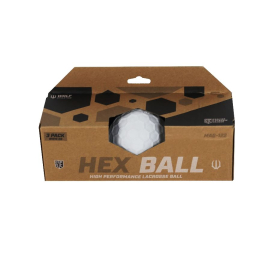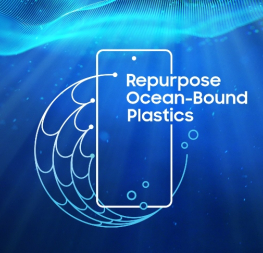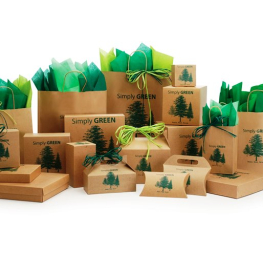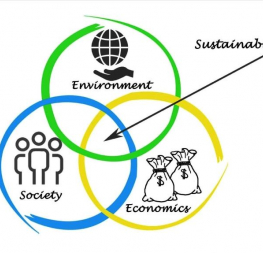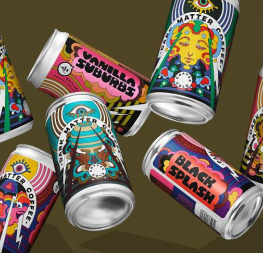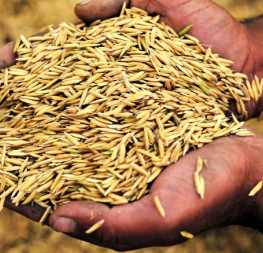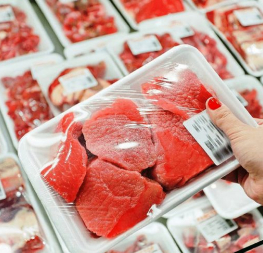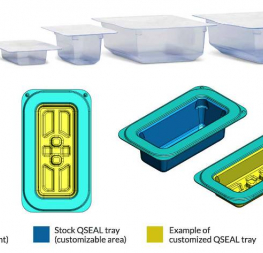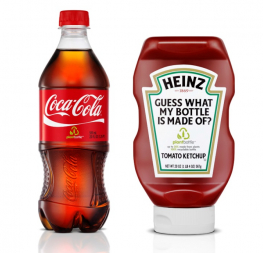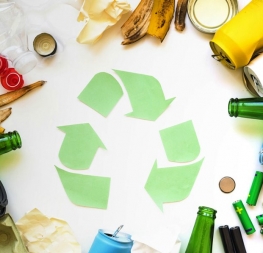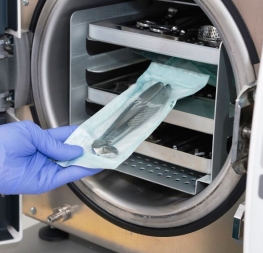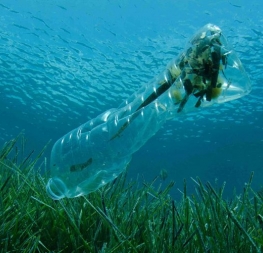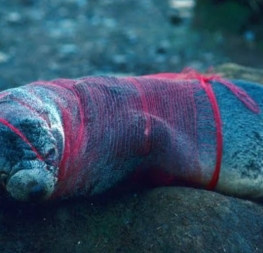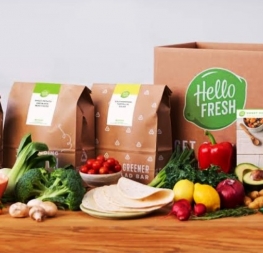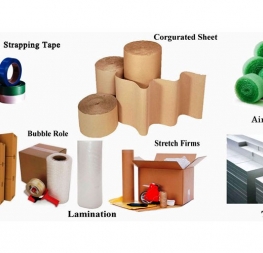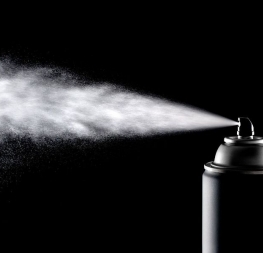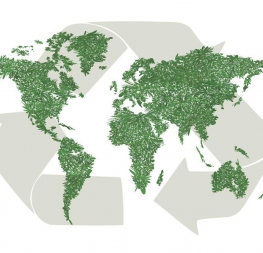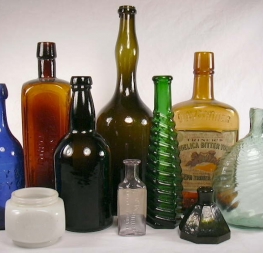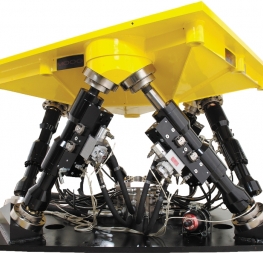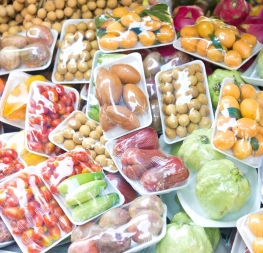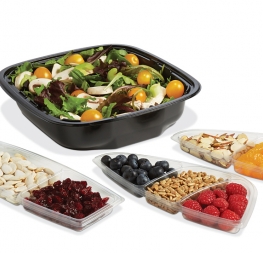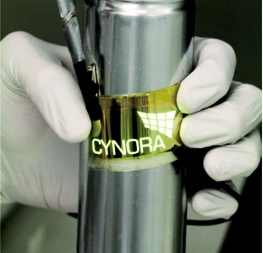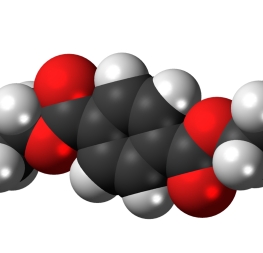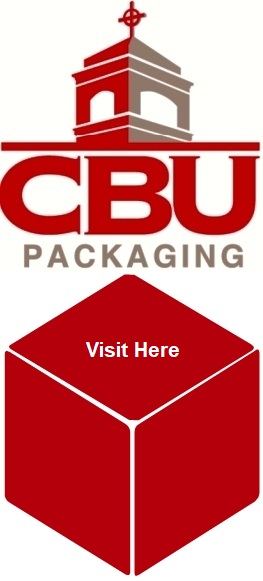Everyone uses some sort of plastic on their daily lives, but have you ever wondered what happens to the plastics after they are used? Well certain plastics can be recycled. According to Merriam Webster, recycling is the process of reusing or bringing back a plastic to create a new product. Certain plastics can be recycled, and others are not safe to be reused. Plastic bags, foam cups, and number 7 PLA bottles and containers cannot be recycled according to eco-cycle. They contain certain components that can be harmful to the user and the environment.

As you can see, there are seven categories that plastics are placed in depending on their properties. The importance of recyclability is to keep the world clean and safe. For example, many of the plastics that are not recycled end up in the oceans. These actions have consequences. Plastics affect the water life if they end up in the oceans. They can also end up in landfills that can cause pollution.
According to Compactor Management Company, there are 5 stages to be followed before a plastic can be fully recycled. The first step is sorting. This is where each plastic is separated depending on its components. This stage ensures that the same chemicals are being reused properly. The second stage deals with washing the plastics. The washing process is used to remove any labels or adhesives. After that, the shredder comes to hand. Each plastic is shredded into small pieces, so it can be molded and re-used to make a new product. When the shredding is over, they are grouped to make sure that they have the same components and can be re-used properly. Lastly, extrusion is conducted. This is where the plastic has been cleaned and reshaped to create a new product. Using these types of methods can save the world a lot of trouble and keep it clean. The main reason that many people or companies focus on the recyclability of plastics is because plastics are very usable and important in packaging and products. As mentioned by Small Business, plastics are very much needed.
Going back to the separation of the plastics depending on their components, it has become more difficult for people to put the right plastics in the right container. Placing a plastic that is not recyclable in a recyclable container can make the separation more difficult. Products that do not have the same features can be mixed up and that could lead to a problem. For example, if a plastic bag is placed in a container where recyclable water bottles are also placed, it could mix the different components and make a new product that contains both the good and bad plastics. The seven categories that are commonly used were created for issues like these. But if people are not aware of what the numbers inside the cycle stand for, then it can cause a lot of trouble for the recyclers. As mentioned by Bloomberg, plastic needs to be carefully monitored since it takes decades for plastic to degrade. Since there is a lot of it already out there and more being created, recycling is very important and needed. Plastic has become one of the most used materials for packaging. To have sufficient plastic for the future, it has to be recycled and properly maintained. People need to be aware that if recycling is not implemented then it could lead to limited resources and cause damage to the world. Each category must be distinguished and taken into consideration so the proper plastics can be recycled.
References
“Earth Day 2018: How Are Plastics Recycled?” Compound Interest, Compound Interest, 22 Apr. 2018, www.compoundchem.com/2018/04/22/plastic-recycling/.
LeBlanc, Rick. “An Introduction to Plastic Recycling and the Plastic Recycling Process.” The Balance Small Business, The Balance Small Business, www.thebalancesmb.com/an-overview-of-plastic-recycling-4018761.
“Northern California Compactors.” Plastic Recycling - Processes, Stages, and Benefits, Northern California Compactors, Inc., 9 Jan. 2017, www.norcalcompactors.net/processes-stages-benefits-plastic-recycling/.
“PLASgran Guide to Plastic Recycling Grades - PLASgran - The Plastic Recycling Specialists.” PLASgran Ltd, 6 July 2015, www.plasgranltd.co.uk/plasgran-guide-plastic-recycling-grades/.
“Recycle.” Merriam-Webster, Merriam-Webster, www.merriam-webster.com/dictionary/recycle.
Admin. “Recycling Plastics.” Eco-Cycle, www.ecocycle.org/plastics-recycling.
“The Recycling Game Is Rigged Against You.” Bloomberg.com, Bloomberg, www.bloomberg.com/view/articles/2018-06-27/plastic-recycling-is-a-problem-consumers-can-t-solve.


